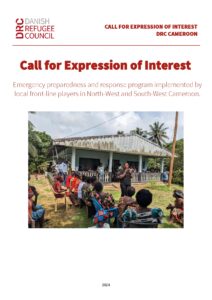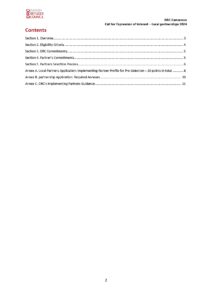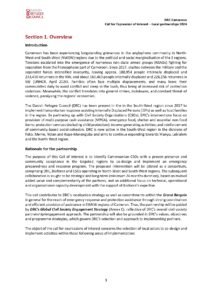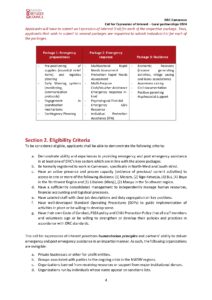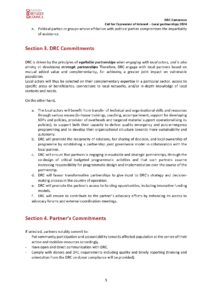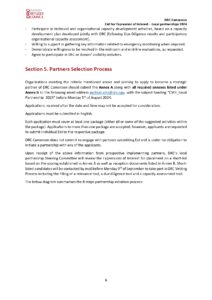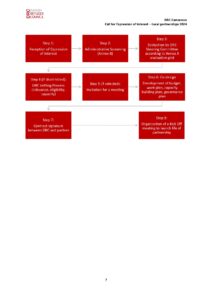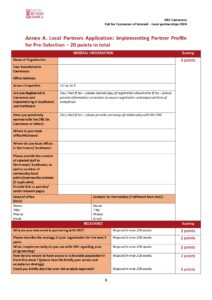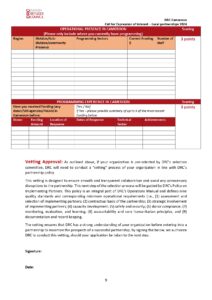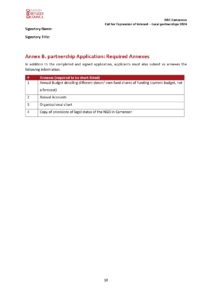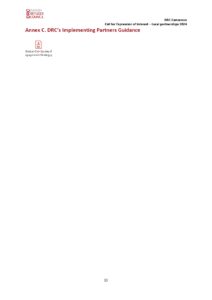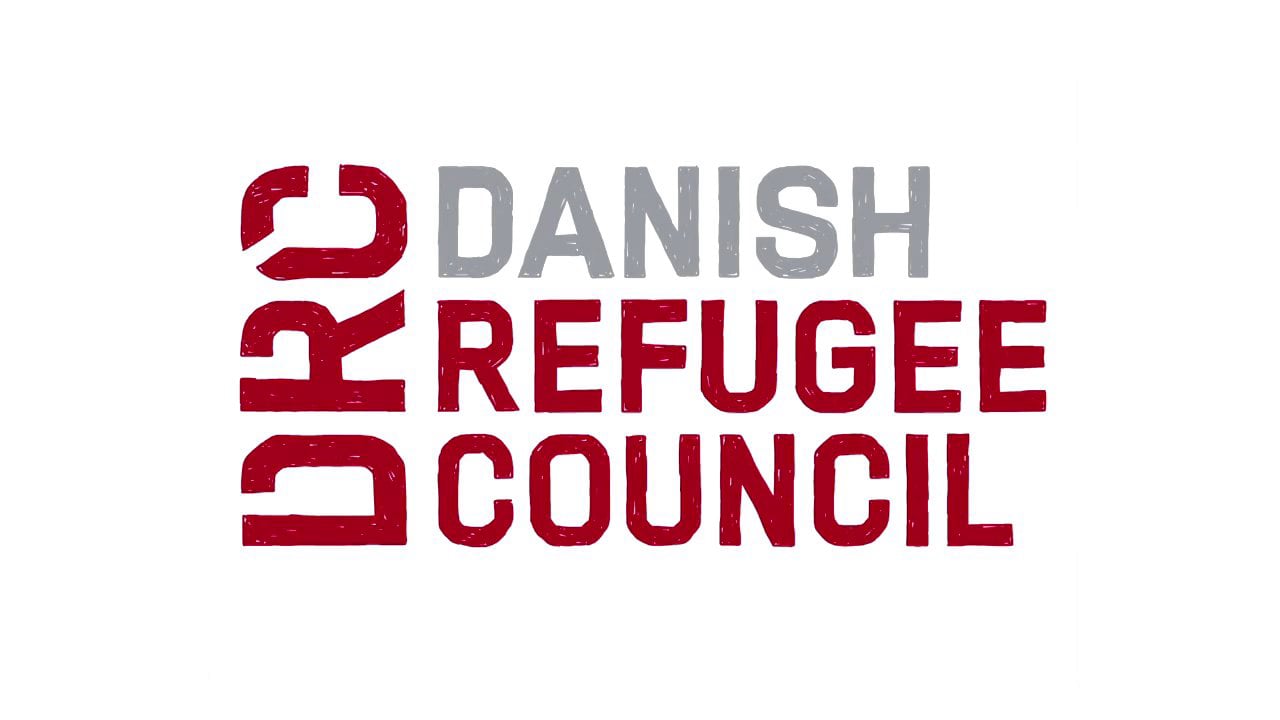INTRODUCTION
Cameroon has been experiencing longstanding grievances in the anglophone community in the North-West and South-West (NWSW) regions due to the political and social marginalization of the 2 regions.
Tensions escalated into the emergence of numerous non-state armed groups (NSAGs) fighting for separation from the Francophone part of Cameroon. Since 2017, clashes between the military and the separatist forces intensified insecurity, leaving approx. 188,954 people were internally displaced and 233,450 returnees in the NW, and about 169,463 people were internally displaced and 226,156 returnees in SW (UNHCR, April 2024). Families often face multiple displacements, and many leave their communities daily to avoid conflict and sleep in the bush, thus being at increased risk of protection violations. Meanwhile, the conflict translates into general strikes, lockdowns, and the constant threat of violence, paralysing the regions’ economies.
The Danish Refugee Council (DRC) has been present in the South-West region since 2017 to implement humanitarian response assisting Internally Displaced Persons (IDPs) as well as host families in the region. By partnering up with Civil Society Organizations (CSOs), DRC’s interventions focus on the provision of multi-purpose cash assistance (MPCA), emergency food, shelter and essential non-food items; protection services (including child protection); income generating activities; and reinforcement of community-based social cohesion. DRC is now active in the South-West region in the divisions of Fako, Meme, Ndian and Kupe-Manenguba and aims to continue expanding towards Manyu, Lebialem and the North-West region.
RATIONALE FOR THE PARTNERSHIP
The purpose of this Call of Interest is to identify Cameroonian CSOs with a proven presence and community acceptance in the targeted regions to co-design and implement an emergency preparedness and response program. The proposed intervention will be piloted as a consortium, comprising DRC, Bioforce and CSOs operating in North-West and South-West regions. The subsequent collaboration is sought to be strategic and long-term (minimum 24 months duration), based on mutual added value and complementarity of the partners, and an additional focus on technical, operational
and organisational capacity development with the support of Bioforce’s expertise.
This call contributes to DRC’s localization strategy as well as commitments within the Grand Bargain in general for the reach of emergency response and protection assistance through strong coordination and efficient provision of assistance in SWNW regions of Cameron. Thus, the partnership will be guided by DRC’s Global Civil Society Engagement Strategy (Annex C), reflective of DRC’s overall civil society partnership/engagement approach. The partnership will also be grounded in DRC’s values, objectives and programme strategies, which govern DRC’s selection and approach to implementing partners.
